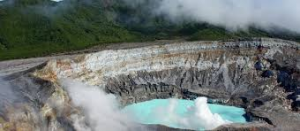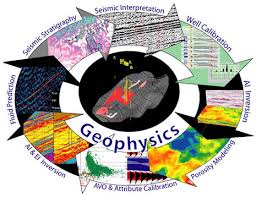Geology, the study of the Earth and its processes, is an essential discipline that provides invaluable insights into our planet's history, structure, and dynamics. As a course, geology equips students with the knowledge to understand the complex interactions between geological, chemical, and biological systems. This foundational understanding is crucial for addressing pressing global challenges such as climate change, natural resource management, and environmental sustainability.
Through the exploration of topics like mineralogy, petrology, and tectonics, students develop critical thinking and analytical skills that are applicable across various fields. Geology fosters a sense of curiosity about the Earth, encouraging students to engage with their environment and recognize the importance of natural processes in shaping our world. By studying geological phenomena, students gain a deeper appreciation for the Earth's resources and the need for responsible stewardship.
Moreover, geology plays a vital role in informing policy and decision-making related to land use, disaster preparedness, and environmental conservation. As future geoscientists, students are empowered to contribute to solutions for environmental challenges, ensuring a sustainable future for generations to come. By choosing geology as a course, students embark on a path that not only enriches their understanding of the Earth but also equips them to make a positive impact on society and the environment.




